Department Profile
Department Establishment:
The Department of History had its origin from 1968 onwards with the inception of Pre University Course.B.A History was introduced in the year 1978 .The Department of History has crossed several commendable milestones. An UGC sponsored MA Human Rights Programme was started in the year 2007 which was later converted to MA History in the year 2015 thereby upgrading the Department of History to PG Department of History. A Certificate Programme in Concepts in Human Rights (2013) and Certificate Programme in Museology (2017) further strengthens the academic wealth. The Department had surpassed Silver Jubilee and has made pioneering efforts in transforming the scope of history. Catering to the needs of Local/ National/ Regional/Global necessities, the Curriculum is restructured and modified often to fulfill the needs of the students.The department has been upgraded as PG & Research Department of History in 2023.
Vision:
- Towards Responsible Citizenship.
- Seeks to build its students transferable skills, employability and intellectual curiosity.
Mission:
- Right mode of Living through moral and ethical values.
- Promoting Research Attitude through filed visits and projects and to analyze conflicting information.
- Moulding students for effective leadership in the political, social and economic community though historical knowledge in regional and global level.
- Facilitating analyzing skills through the study of societies, culture and economies.
| Name of the Programme | B.A History |
| Duration | 3 Years |
| Intake | 60 |
| Eligibility | Pass in the Higher Secondary Examination of Tamil Nadu or an examination (like the CBSE) recognized by the universities as equivalent thereto. Preference will be given to the students those who have studied History under Part – III in plus two. |
| Name of the Programme | M.A History |
| Duration | 2 Years |
| Intake | 36 |
| Eligibility | A candidate must have passed a 3years degree course in any discipline or programme offered by the Institutions recognized by the University as equivalent thereto. |
PLOs -PSOs- PEOs
SYLLABUS 2023
Programme Educational Objectives (PEOs):
PEOs are broad statements that describe the career and professional achievements that the programme is preparing the graduates to achieve within the first few years after graduation. PEOs should be consistent with the mission of the Institution. PEO’s can be measured by a PLO/ PSO - PEO matrix. The PEO’s should evolve through constant feedback from alumnae, students, industry, management etc. It is mandatory that each PEO should be mapped to atleast one of the PLOs.
The Graduates will be prepared to
PEO1: acquire the knowledge to pursue higher studies in the domain and other allied disciplines.
PEO2: apply their acquired skills in various issues with critical and analytical mind for viable solutions.
PEO3: create a sense of democratic civil society.
Programme Learning Outcomes (PLO):
Programme Learning Outcomes are narrower statements that describe what students are expected to know and be able to do upon the graduation. These relate to the skills, knowledge and behaviour that students acquire in their study through the programmes.
PLO1: Disciplinary knowledge
Apply the knowledge of Arts, Science and Humanities to address fundamental and complex questions appropriate to their programmes.
PLO2: Critical thinking, Problem solving and Analytical reasoning
Make use of appropriate knowledge and skills to identify, formulate, analyze and solve problems in order to reach substantiated conclusions.
PLO3: Research related skills and scientific reasoning
Critically analyze research processes, products and practices with a view of strategic use of data in their field.
PLO4: Communication skills and Digital literacy
Demonstrate skills in oral and written communication and make use of ICT in various learning ambience.
PLO5: Team work and Leadership quality
Interact productively with people from diverse backgrounds as both leaders/mentors and team members with integrity and professionalism.
PLO6: Multicultural competence with Moral and ethical awareness
Defend the society against gender and environmental issues with moral and ethical awareness.
PLO7: Self-directed and Life-long learning
Formulate their own educational needs in a changing world in ways sufficient to maintain their competence and to allow them to contribute to the advancement of knowledge.
Programme Specific Outcomes (PSO):
Programme Specific Outcomes denote what the students should be able to do in their discipline at the time of graduation. They are programme specific. The PSOs should be mapped to all the specified PEOs.
By the completion of the UG History, programme, the learners will be able to
PSO1: interpret the past and existing social, political, religious and economic conditions of the people.
PSO2: analyze and synthesize data from a variety of sources and draw valid conclusions.
PSO3: promote harmony and spirit of common brotherhood, appreciate the multiple perspectives and respect human values.
PG PROGRAMME IN HISTORY:
Programme Educational Objectives (PEOs):
PEOs are broad statements that describe the career and professional achievements that the programme is preparing the graduates to achieve within the first few years after graduation. PEOs should be consistent with the mission of the Institution. PEO’s can be measured by a PLO/ PSO - PEO matrix. The PEO’s should evolve through constant feedback from alumnae, students, industry, management etc. It is mandatory that each PEO should be mapped to atleast one of the PLOs.
The Graduates will be prepared to
PEO1: acquire the knowledge to pursue higher studies in the domain and other allied
disciplines.
PEO2: apply their acquired skills in various issues with a critical and analytical mind for
viable solutions.
PEO3: create a sense of democratic civil society.
Programme Learning Outcomes (PLO):
Programme Learning Outcomes are narrower statements that describe what students are expected to know and be able to do upon the graduation. These relate to the skills, knowledge and behaviour that students acquire in their study through the programmes.
PLO1: Disciplinary knowledge
Apply the knowledge of Arts, Science and Humanities to address fundamental and complex questions appropriate to their programmes.
PLO2: Critical thinking, Problem solving and Analytical reasoning
Make use of appropriate knowledge and skills to identify, formulate, analyze and solve problems in order to reach substantiated conclusions.
PLO3: Research related skills and scientific reasoning
Critically analyze research processes, products and practices with a view of strategic use of data in their field.
PLO4: Communication skills and Digital literacy
Demonstrate skills in oral and written communication and make use of ICT in various learning ambience.
PLO5: Team work and Leadership quality
Interact productively with people from diverse backgrounds as both leaders/mentors and team members with integrity and professionalism.
PLO6: Multicultural competence with Moral and ethical awareness
Defend the society against gender and environmental issues with moral and ethical awareness.
PLO7: Self-directed and Life-long learning
Formulate their own educational needs in a changing world in ways sufficient to maintain their competence and to allow them to contribute to the advancement of knowledge.
Programme Specific Outcomes (PSO):
Programme Specific Outcomes denote what the students should be able to do in their discipline at the time of graduation. They are programme specific. The PSOs should be mapped to all the specified PEOs
By the completion of the M.A. History programme, the learners will be able to
PSO1: interpret the past and existing social, political, religious and economic conditions of
the people.
PSO2: analyze and synthesize data from a variety of sources and draw valid conclusions.
PSO3: promote harmony and spirit of common brotherhood, appreciate the multiple
perspectives and respect human values.
SYLLABUS 2020
PO1: Disciplinary knowledge
Apply the knowledge of Arts, Science and Humanities to address fundamental and complex questions appropriate to their programmes.
PO2: Critical thinking, Problem solving and Analytical reasoning
Make use of appropriate knowledge and skills to identify, formulate, analyze and solve problems in order to reach substantiated conclusions.
PO3: Research related skills and scientific reasoning
Critically analyze research processes, products and practices with a view of strategic use of data in their field.
PO4: Communication skills and Digital literacy
Demonstrate skills in oral and written communication and make use of ICT in various learning ambience.
PO5: Team work and Leadership quality
Interact productively with people from diverse backgrounds as both leaders/mentors and team members with integrity and professionalism.
PO6: Multicultural competence with Moral and ethical awareness
Defend the society against gender and environmental issues with moral and ethical awareness.
PO7: Self-directed and Life-long learning
Formulate their own educational needs in a changing world in ways sufficient to maintain their competence and to allow them to contribute to the advancement of knowledge.
PSO:
PSO1: interpret the past and existing social, political, religious and economic conditions of the people.
PSO2: think and argue historically and critically in writing and discussing the social problems.
PSO3: extract evidence from primary sources by analyzing and evaluating them in relation to their cultural and historical context.
PSO4: visualize the historical events through video lessons and write articles on historical topics.
PSO5: develop a sense of team work and leadership quality by playing active roles in collecting artefacts, participating in historical drama and making historical models.
PSO6: promote harmony and the spirit of common brotherhood amongst the people transcending religious, linguistic, regional and sectional diversities.
PSO7: build a sense of patriotism in the hearts of the people.
PEO:
PEO1: apply their acquired skills for higher studies in the arena of law and teaching.
PEO2: excel in obtaining historical data from a variety of sources.
PEO3: create a sense of democratic civil society.
PG PROGRAMME IN HISTORY:
PO1: Disciplinary knowledge
Apply the knowledge of Arts, Science and Humanities to address fundamental and complex questions appropriate to their programmes.
PO2: Critical thinking, Problem solving and Analytical reasoning
Make use of appropriate knowledge and skills to identify, formulate, analyze and solve problems in order to reach substantiated conclusions.
PO3: Research related skills and scientific reasoning
Critically analyze research processes, products and practices with a view of strategic use of data in their field.
PO4: Communication skills and Digital literacy
Demonstrate skills in oral and written communication and make use of ICT in various learning ambience.
PO5: Team work and Leadership quality
Interact productively with people from diverse backgrounds as both leaders/mentors and team members with integrity and professionalism.
PO6: Multicultural competence with Moral and ethical awareness
Defend the society against gender and environmental issues with moral and ethical awareness.
PO7: Self-directed and Life-long learning
Formulate their own educational needs in a changing world in ways sufficient to maintain their competence and to allow them to contribute to the advancement of knowledge.
PSO:
PSO1: demonstrate knowledge of the chronology, narrative, major events, personalities and turning points of the history of the US, Europe and non-western countries.
PSO2: utilize current methods and skills in historical documentation and interpretation to make history accessible and useful to the public.
PSO3: make use of the primary and secondary data for evaluating evidence with relevant archival sources for a particular project.
PSO4: apply the information and communication technology to decipher assignments and projects on historical topics.
PSO5: build a sense of team work and leadership quality by playing active roles in collecting data for the project, artifact collection, participating in historical drama and making historical models.
PSO6: appraise different modes of thought and expression from different historical periods and in different geographic areas and assess the value of diversity.
PSO7: formulate a clear argument, support the argument with appropriate and thorough evidence and reach a convincing conclusion.
PEO:
PEO1: demonstrate a self- critical academic perspective on human diversity such as social, cultural, political, economic and philosophical traditions.
PEO2: apply the skills of conceptualizing, applying, analyzing and evaluating materials originating from historical observation, experience, reflection and reasoning.
PEO3: formulate the essence of history to next generation through the establishment of private museums.
Faculty Details
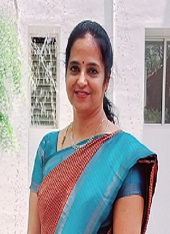
Dr.V. Ramya
M.A., M.Phil., (SLET), Ph.D
Assistant Professor & Head
E-Mail ramya-his@sfrcollege.edu.in Area of Specialization Modern History
Dr.M.Kavitha
M.A.,M.Phil.,B.Ed.,Ph.D.
Assistant Professor
E-Mail kavitha-his@sfrcollege.edu.in Area of Specialization Medieval History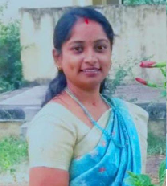
Dr. J. Mekala Devi
M.A., M.A., M.Phil., B.Ed., Ph.D
Assistant Professor
E-Mail mekaladevi-his@sfrcollege.edu.in Area of Specialization Modern History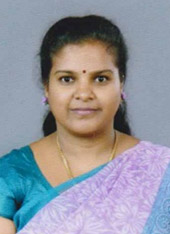
Dr.G.Vennila
M.A.,M.Phil.,M.T.M.,M.Phil.,Ph.D
Assistant Professor
E-Mail vennila-his@sfrcollege.edu.in Area of Specialization Modern Indian History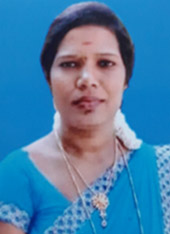
Dr.K.Neela Pushpam
M.A.,M.Phil.,Ph.D.,
Assistant Professor
E-Mail neela-his@sfrcollege.edu.in Area of Specialization Modern History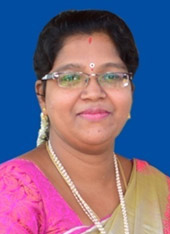
Dr.R.Kalaivani
M.A., M.A., M.Phil., Ph.D., PGDCA
Assistant Professor
E-Mail kalaivani-his@sfrcollege.edu.in Area of Specialization Modern History, Women Studies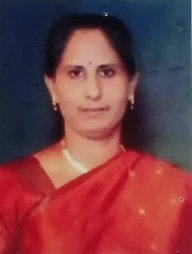
Dr.P.Stella Muthu Rajam
M.A.,M.Phil.,B.Ed.,Ph.D.,
Associate Professor in Economics
E-Mail stella-eco@sfrcollege.edu.in Area of Specialization Energy Economics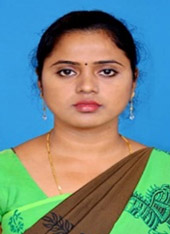
Dr.R.Kalaivani
M.sc.,M.Phil.,Ph.D.
Assistant Professor in Geography
E-Mail kalaivani-geo@sfrcollege.edu.in Area of Specialization Medical Geography and Tourism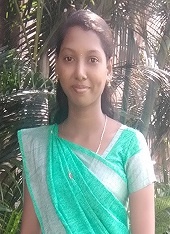
Ms. V.Thangakarthika
M.A.
Visiting Faculty
E-Mail thangakarthika-his@ sfrcollege.edu.in Area of Specialization Ancient HistoryRemarkable Activities
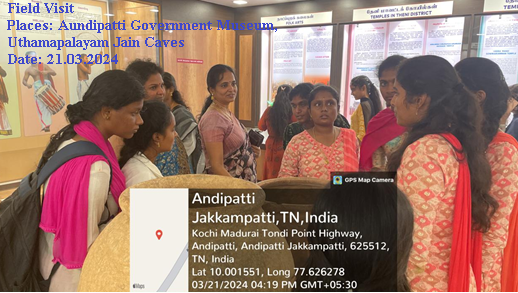
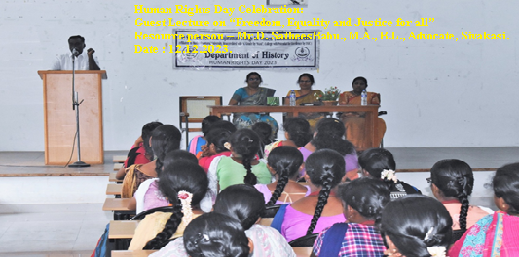
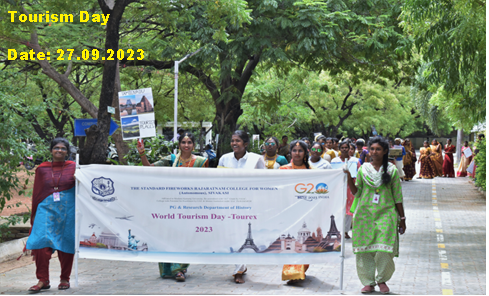
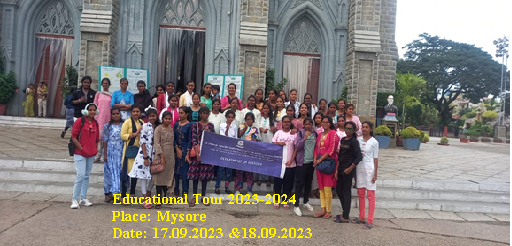
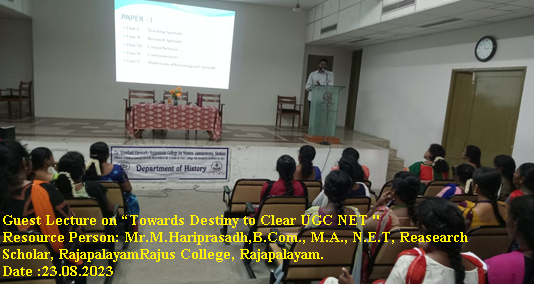
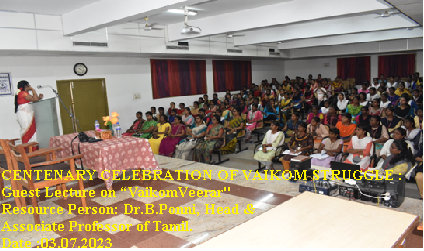
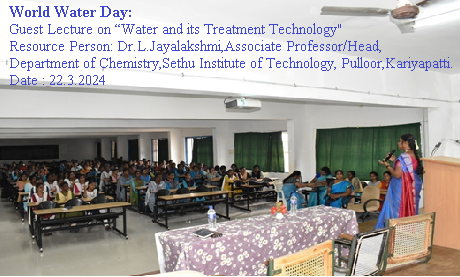
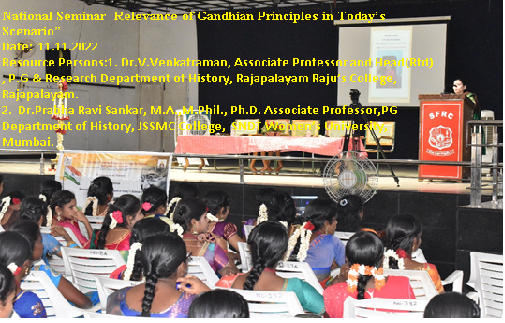
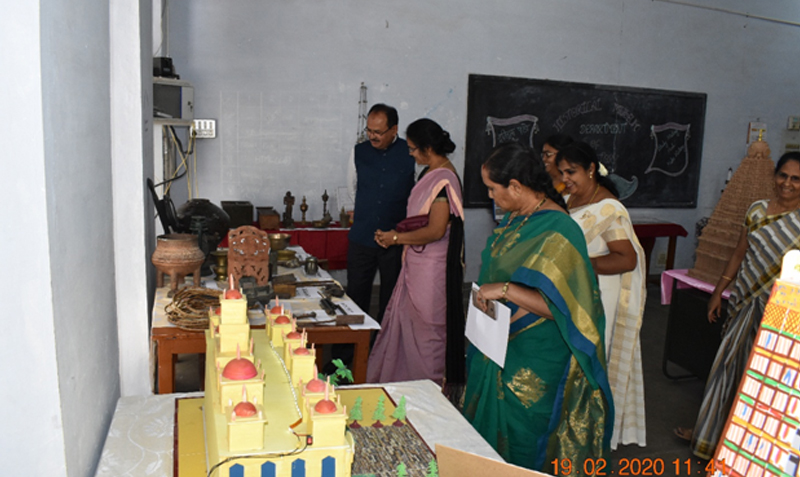
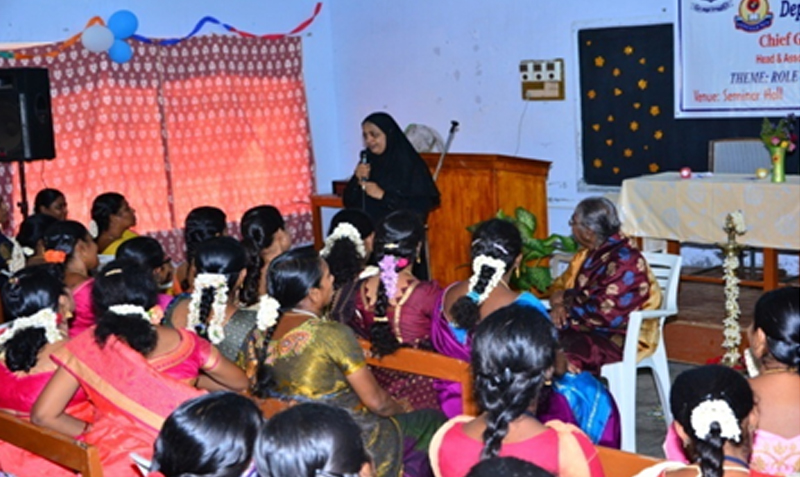
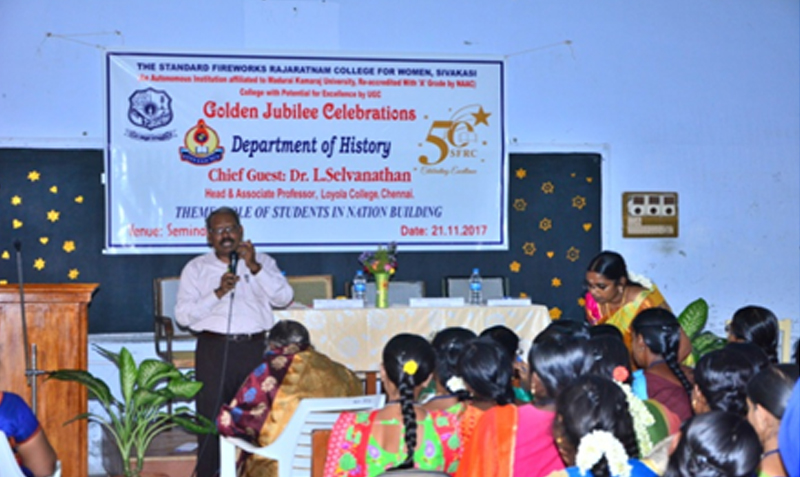
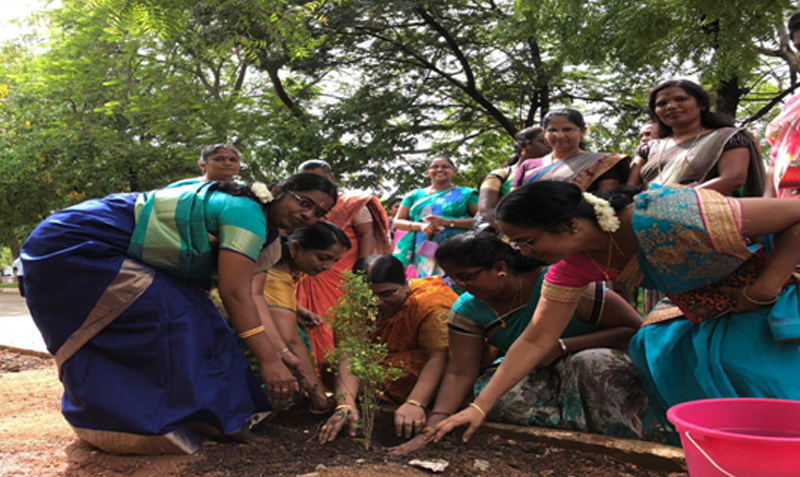
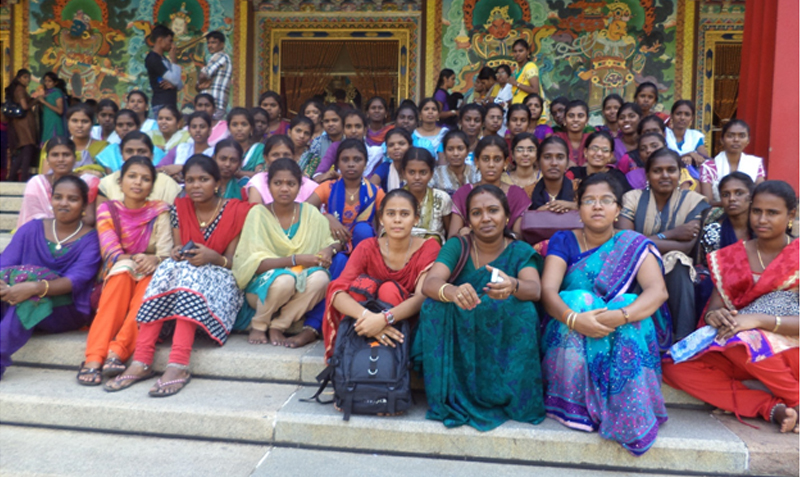
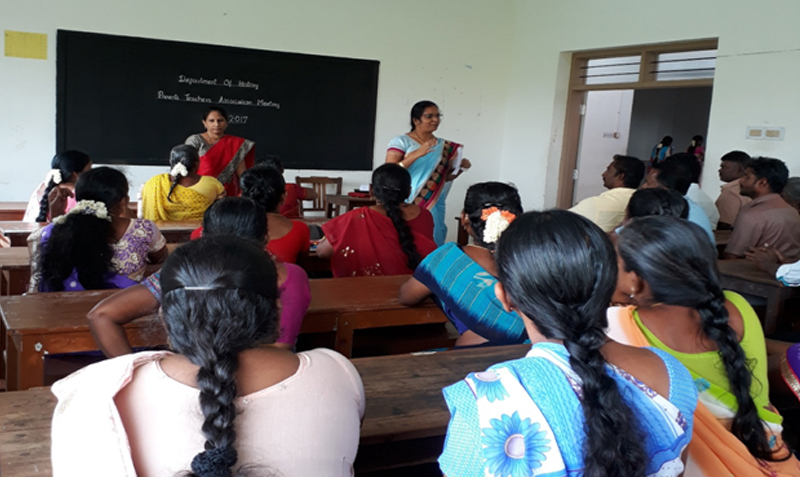
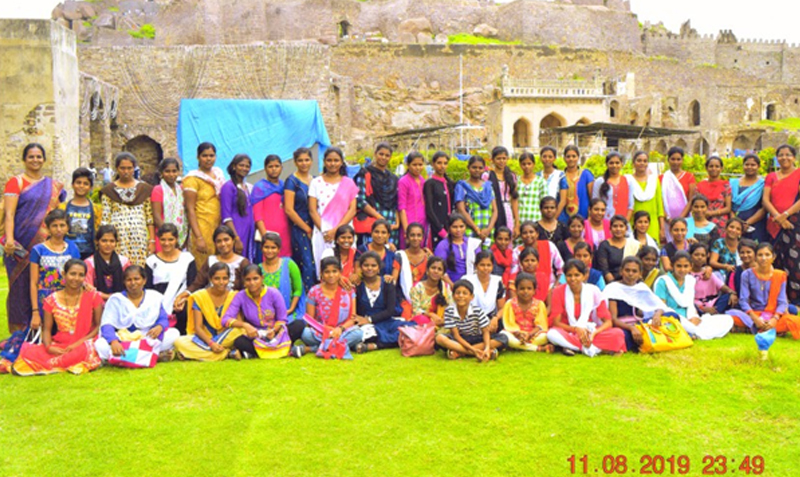
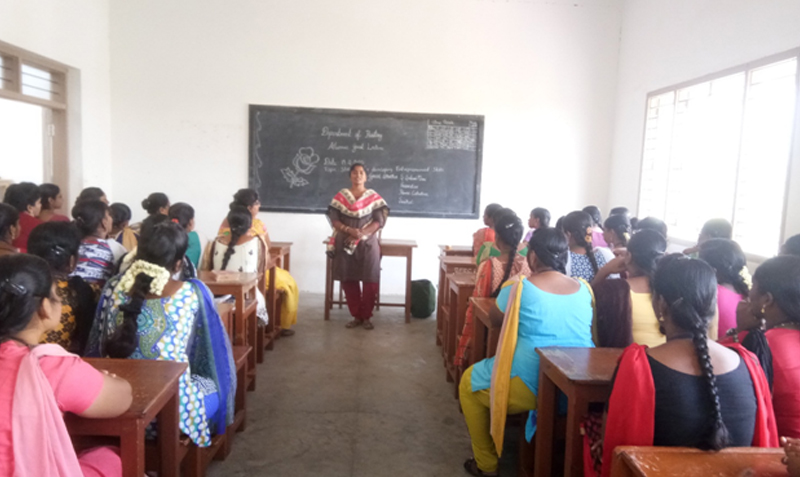
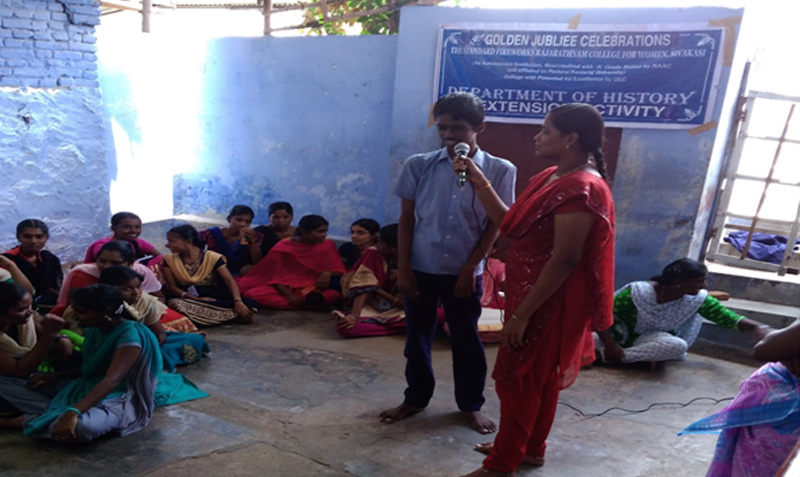
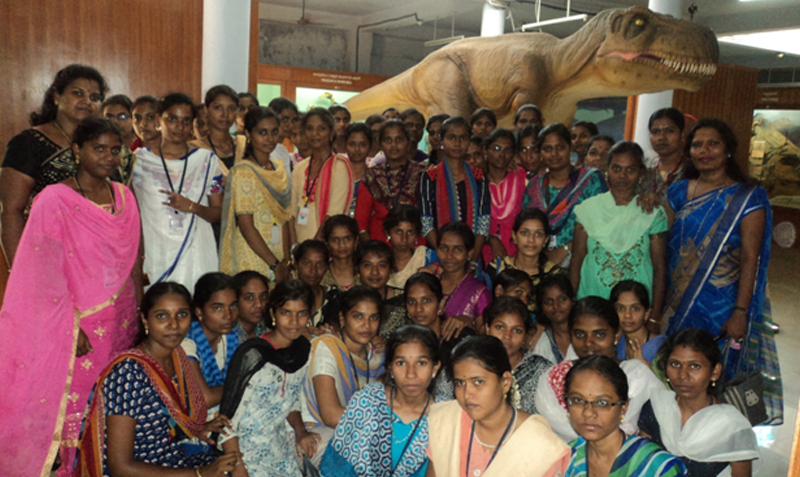
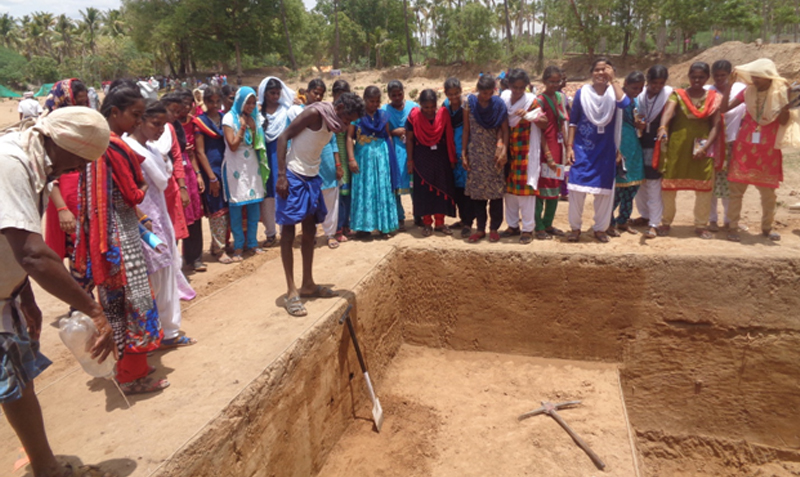
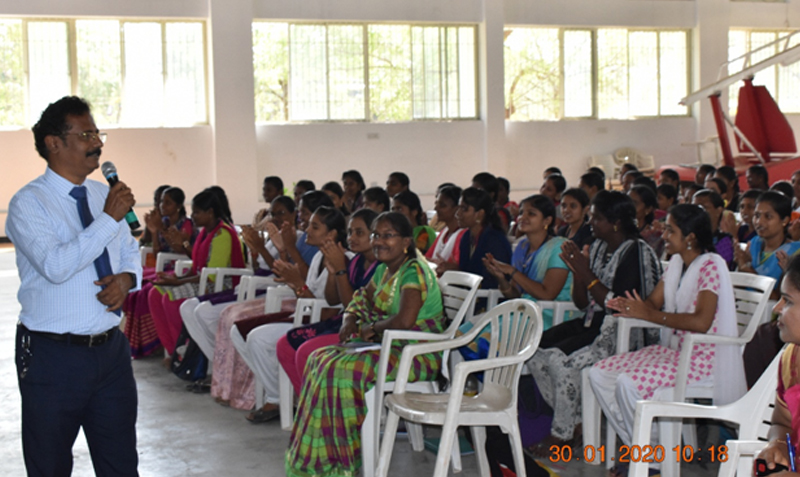
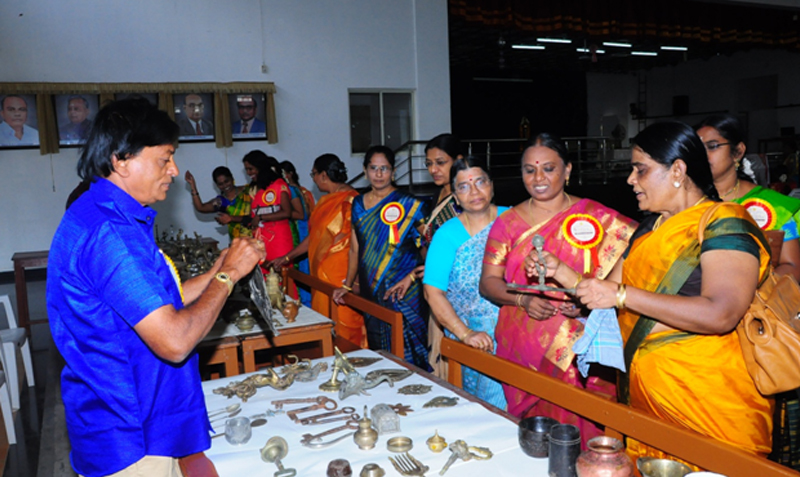
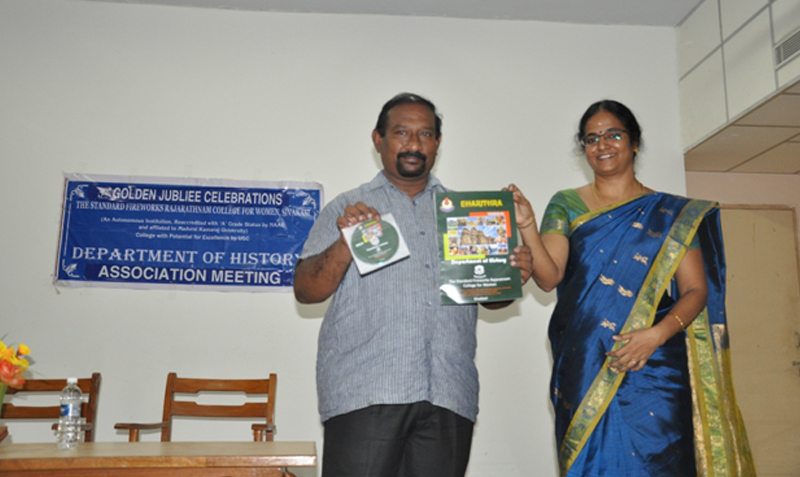
Staff Achievements
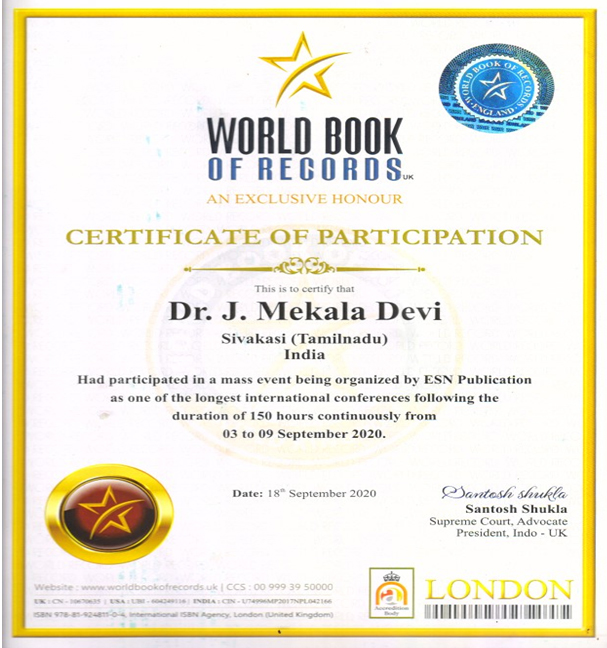
Dr.J.Mekala Devi has participated in the Longest International Conference apropos World Record Event organized by ESN Publications and received the Certificate of Honor on World Record Event
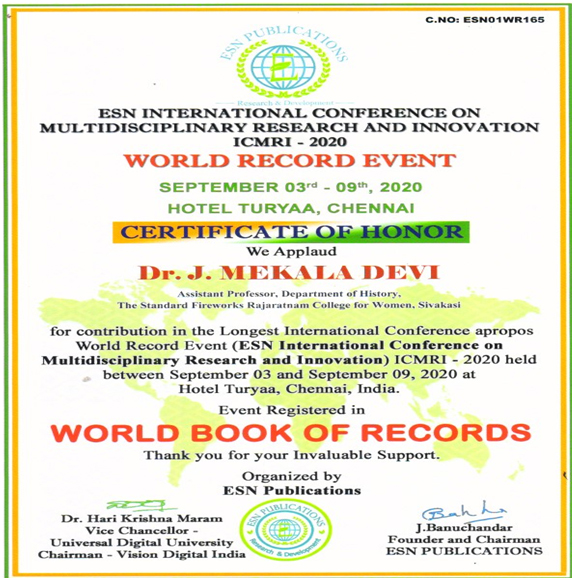
.
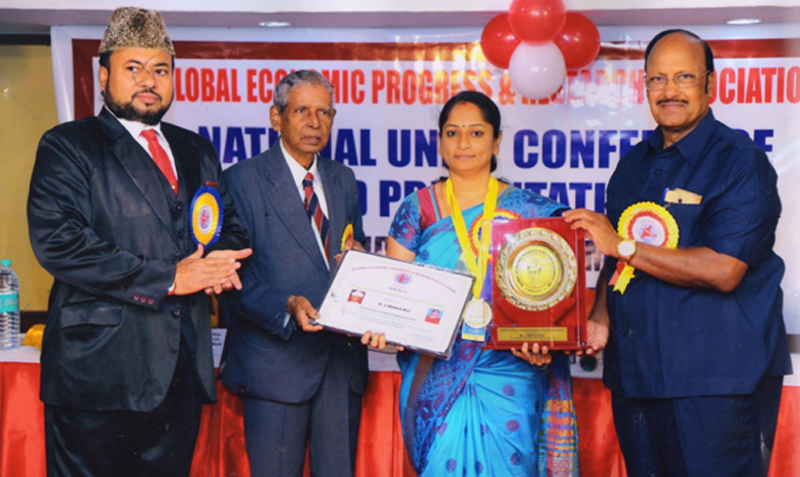
Dr.J.Mekala Devi, 73rd National Unity Conference on Individual Achievement and National Development Excellence in her respective fieldGlobal Economic Progress & Research Centre 22. Feb. 2020
Student Achievements
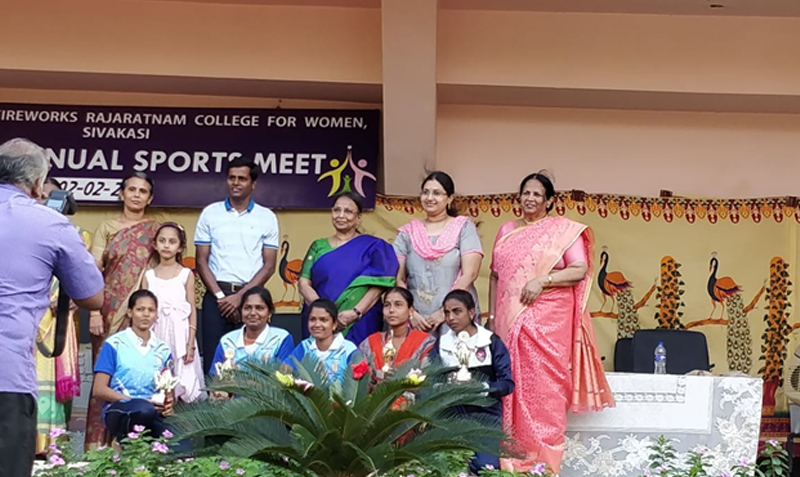
Overall Shield in Madurai Kamaraj University C.Sndhu
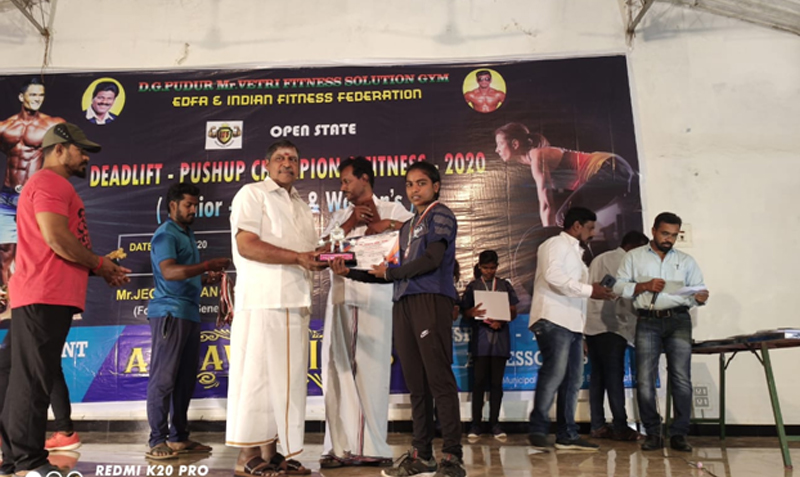
Award received in Indian Fitness Association
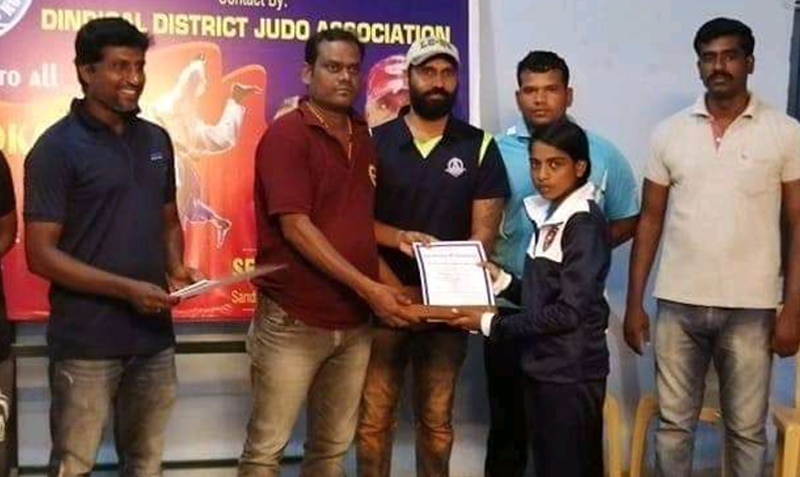
Achieved in Judo District Level Camp
Contact Us
Thiruthangal Road , Sivakasi - 626123 , Tamil Nadu , India
Telephone Number
+91 4562-220389 FAX Number
+91 4562-226695 Email ID
sfrc@sfrcollege.edu.in
